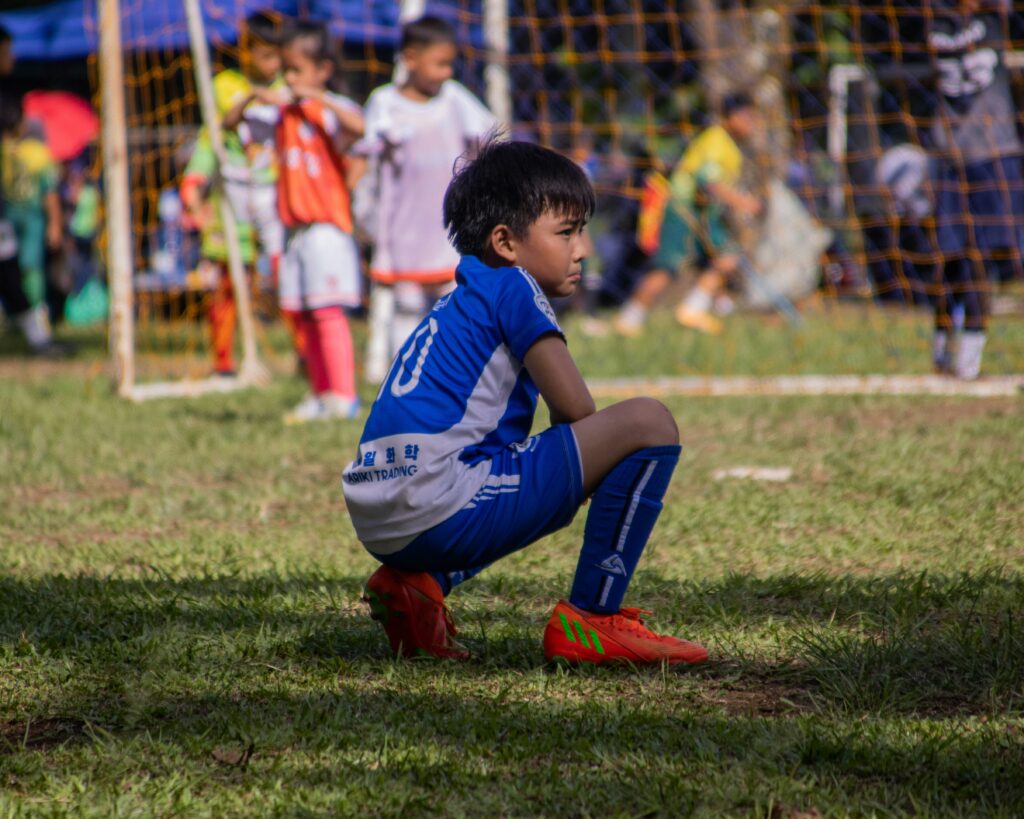
“Failure is not the opposite of success, it’s part of success.” – Arianna Huffington
As parents, our instinct is to protect. We catch them before they fall, step in before they stumble, and smooth the path ahead. But sometimes, the most powerful thing we can do is step back and let them fail.
It may feel uncomfortable, even counterintuitive. But giving our children the space to fail is one of the greatest gifts we can offer — a tool for learning, growth, and real-life resilience.
Failure Builds Resilience
When children experience failure — a missed assignment, a lost game, or a social misstep — they face disappointment, frustration, and even embarrassment. These are tough emotions, but they are also powerful teachers.
By navigating these moments, children begin to develop emotional strength. They learn how to manage their feelings, how to bounce back, and how to problem-solve. In time, these experiences build one of the most critical life skills they’ll ever need: resilience.
Failure Teaches Accountability
If your child forgets their homework or fails a test, it’s natural to want to jump in and fix it. But doing so may rob them of a valuable chance to learn responsibility.
Instead of rescuing, become a coach. Ask:
“What do you think went wrong?”
“What can you try differently next time?”
These questions help your child reflect, self-correct, and gain confidence — far more than a quick fix ever could.
Failure Fuels Growth
Failure isn’t a final judgment — it’s a reflection. It reveals effort, decisions, and opportunities for change.
When we help our children see mistakes as stepping stones rather than shameful moments, they begin to take healthy risks. They stretch beyond their comfort zones. They learn not to fear failure, but to grow through it.
That’s where true development happens.
How to Support Failure Without Shame
- Stay calm when things go wrong. Your reaction shapes how your child sees failure.
- Normalize mistakes. Share your own flops and what you learned from them.
- Praise the process, not just the result.
- Celebrate progress, not perfection.
Final Thoughts
Letting our children fail isn’t about being hands-off. It’s about being intentional.
It teaches them that success isn’t the absence of failure — it’s the result of learning from it.
Because in the real world, confidence doesn’t come from avoiding mistakes.
It comes from surviving them, growing through them, and trying again.
